Could you be missing this vital nutrient because of your diet? Find out if you’re not getting enough and missing out on the benefits of zinc.
In today’s 24/7 society of constant connectivity and longer work days, many people are struggling to keep up.
How can you stay on top of your work deadlines, find time to exercise, and have enough energy for family and friend time in the evening?
Struggling to lose weight? Unable to focus? Chances are, your hormones are out of whack.
Grab Our FREE Guide To Fixing Your Hormones By Clicking Here!
Fatigue, low mood, frequent colds and flu, and lack of vitality are more and more commonplace. While there are a number of essential vitamins and minerals, there are a select few that influence many key areas of your health. Zinc is one of those “all-star” nutrients.
Almost 20 percent of the population is at risk of overt zinc deficiency, while insufficient intake — a level at which your intake doesn’t meet your daily needs — is seen in almost one out two people. (1)
How important is zinc? It’s involved in over 300 different chemical reactions in the body. From immunity to wound healing, healthy skin to libido, it packs a serious health punch.
Here are ways zinc can supercharge your health.
Stops Cold and Flu

This supplement helps to supercharge the production of your first line of immune defense immune soldiers, neutrophils and natural killer cells, which means more protection for you from nasty bugs. (2)
Supports Robust Metabolism

Whether it’s long days at the office or intense exercise sessions at the gym, stress is one of the primary causes of sluggish thyroid function and weight gain. Prolonged stress can decrease levels of both T4 and T3 thyroid hormone. Ensuring adequate zinc intake can protect against this effect. (3)
Boosts Testosterone

Improves Blood Sugar
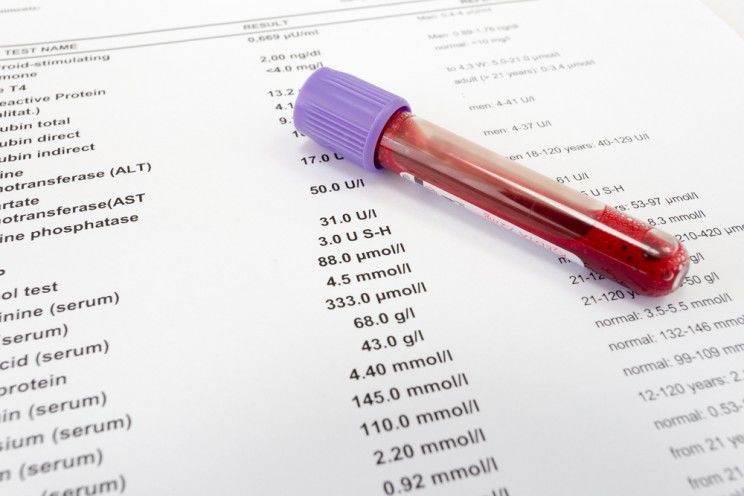
Improves Insulin Function

Optimizes Stomach Acid

Unfortunately, people are so busy at work that they often eat lunch without even leaving their desk, which can hinder HCl output, as can diets low in zinc, which is required to support the parietal cells that produce HCl. Vegetarians typically have lower stomach acid levels than meat eaters, and their diets are also lower in zinc. (7)
Improves Fertility

Fixes Acne Problems

Boosts Low Mood

Supports Healthy Growth In Toddlers

The likelihood of low “height-for-age” in children under 5 years old has been recommended as an indirect indicator of zinc deficiency and when the prevalence of slow growth is greater than 20 percent, the risk of zinc deficiency is elevated. (12)
Acts As Aromatase Inhibitor

The more overweight you are (particularly around the midsection, more commonly seen in men), the worse things get. Zinc acts as an aromatase inhibitor, which blocks this conversion… which is a good thing!
Reduces DHT Levels
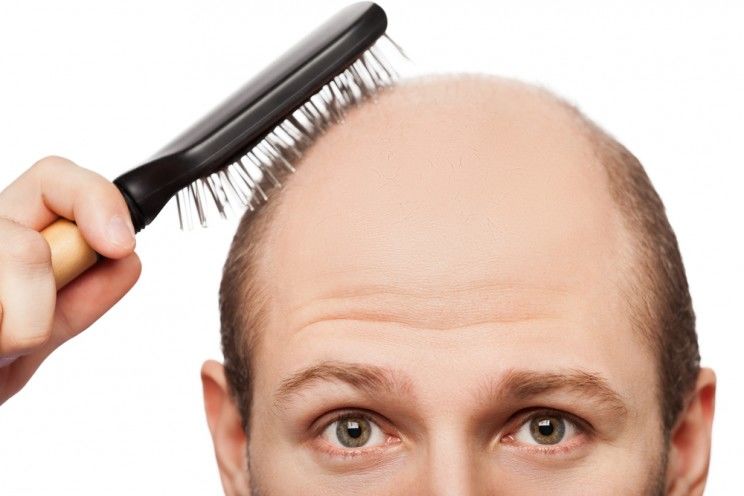
Like the aromatase enzyme, zinc helps to block the conversion of testosterone to DHT. (13) This is very good news because DHT is a much weaker form of testosterone and doesn’t provide the mood-boosting, muscle-building, or healthy heart-supporting benefits that regular testosterone does.
Speeds Wound Healing

Stops The Ringing In Your Ears

Increases Muscular Strength

If you do start going to the gym, adding more zinc into your nutritional arsenal has been shown to support significant increases in strength. (16)
Supercharges Your Libido
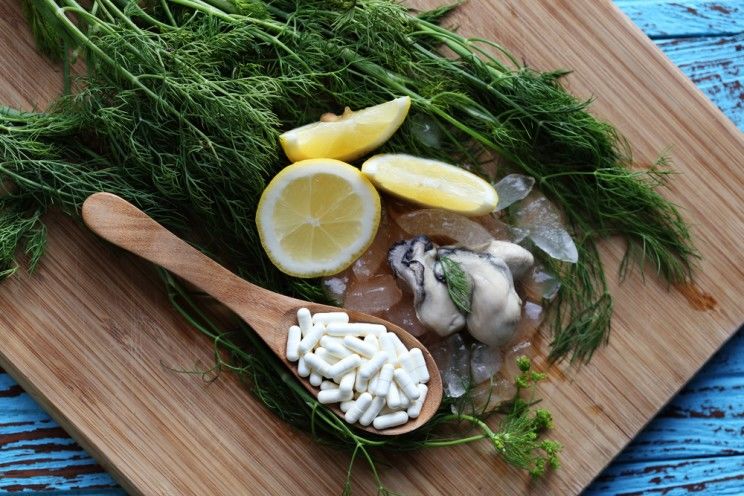
Reduces Inflammation

Getting enough zinc in your diet can help reduce pro-inflammatory cytokine molecules and reduce CRP levels in the body, a classic marker for systemic inflammation. (17)
Boosts Brain Function
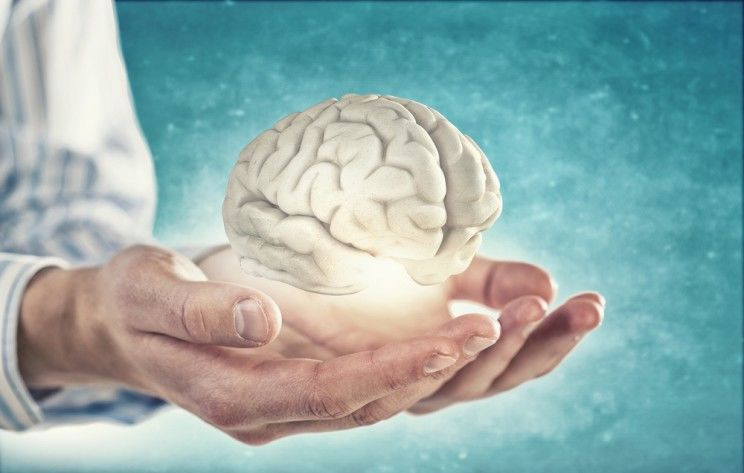
Interestingly, a significant positive correlation has been found between zinc and BDNF levels, which supports positive mood and brain function. (18) Another great reason to eat steak! (A great source of zinc).
Fights Off Psoriasis

Protects Against Anorexia

Quenches Free Radical Damage

Stops Diarrhea In Kids

Helps Repair Leaky Gut
Zinc has been found to play a key role in protecting against intestinal permeability or leaky gut, a condition where undigested food, proteins, and bacteria from the gut can enter the bloodstream unimpeded, leading to immune system over-activation and possible autoimmune conditions. (23)
How do you know if you may be low in zinc? Common symptoms include poor immunity, low stomach acid, low testosterone levels, white spots on your finger nails, allergies, thinning hair, or acne.
Blood tests for serum or RBC zinc can help identify frank deficiency, while an insufficiency is typically seen when lab results show low white blood cell (WBC) counts, as well as low levels of alkaline phosphatase (ALP).
If you want to upgrade your intake, oysters are your best bet. A 3-ounce serving provides 74mg, almost 500 percent of the daily recommended intake.
Beef and crab are the next best, at about 7mg per 3-ounce portion, and other meats like lobster, pork, and chicken provide 3mg per serving. Vegetable sources include cashews and almonds, at 1.6 and 0.9g per ounce.
If you want to upgrade your health, energy, and vitality, then ensuring your body is getting the right dose of the essential mineral zinc — responsible for over 300 key reactions in the body — is an absolute must.
(Read This Next: Zinc: Are You Getting Enough?)


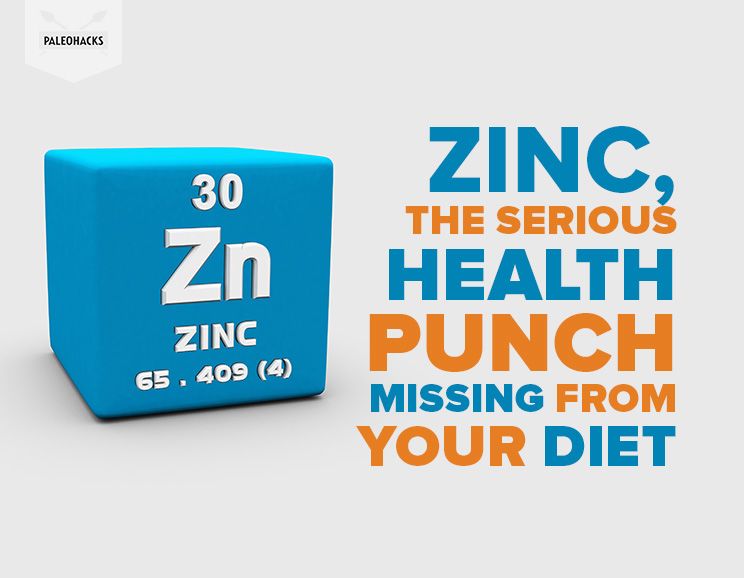

 5 Ways to Stop Being ‘Too Busy’ and Get More Sh!t Done
5 Ways to Stop Being ‘Too Busy’ and Get More Sh!t Done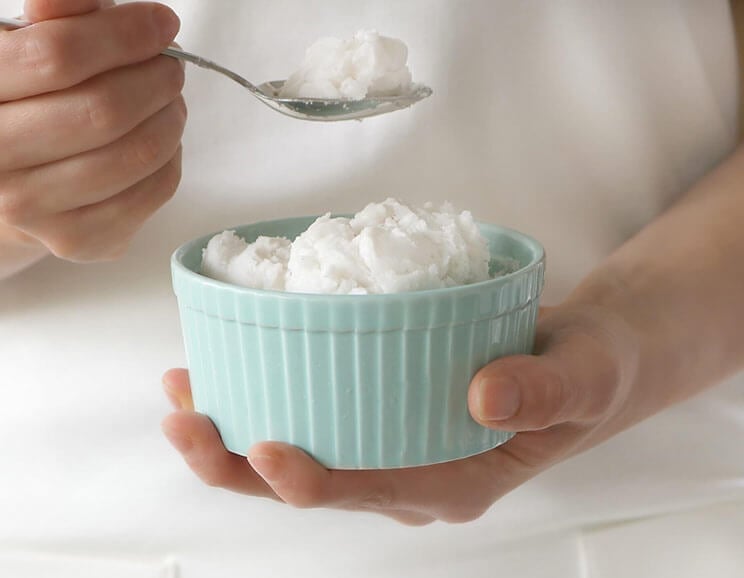
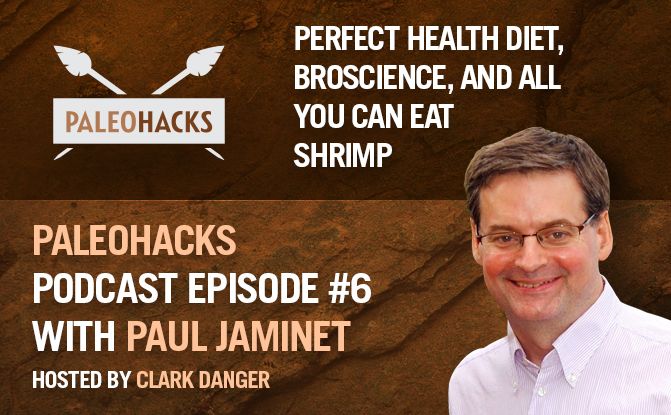


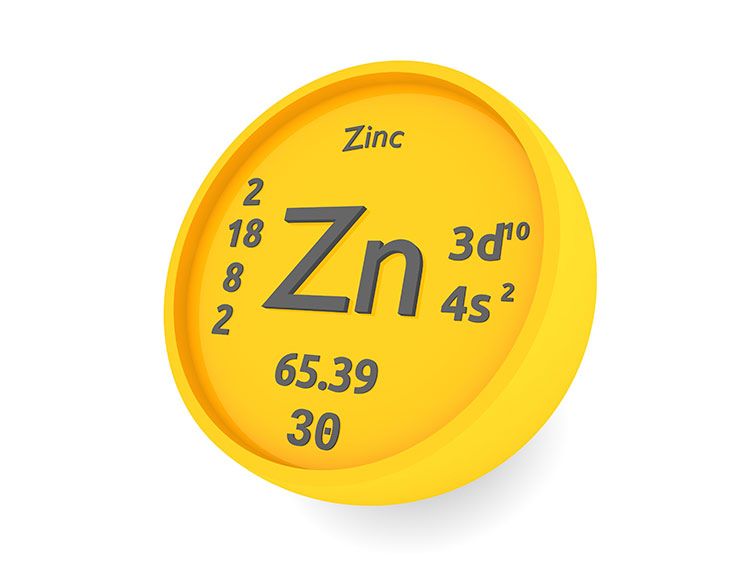
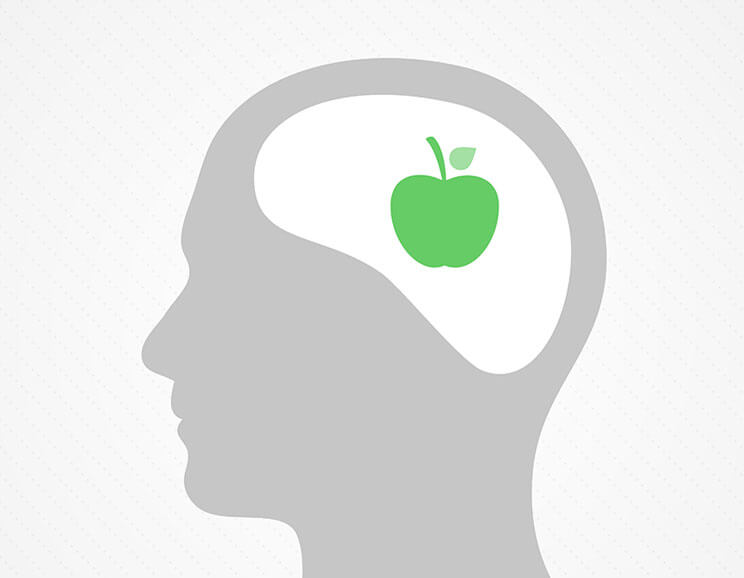

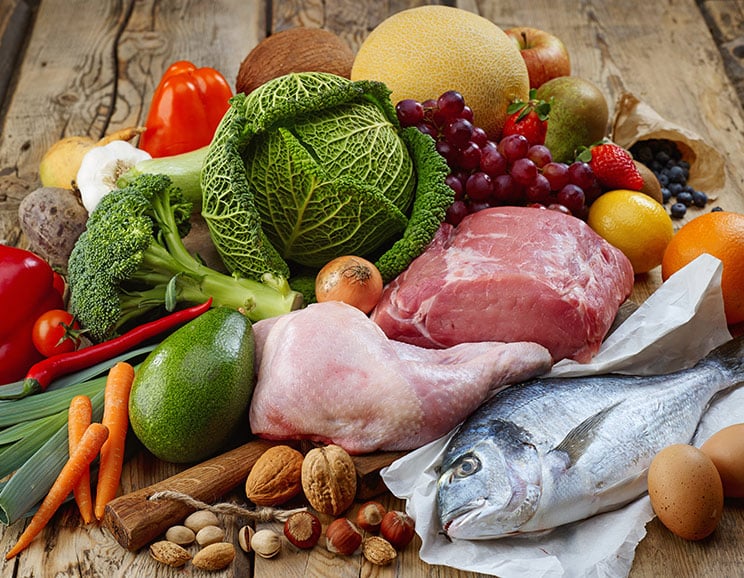
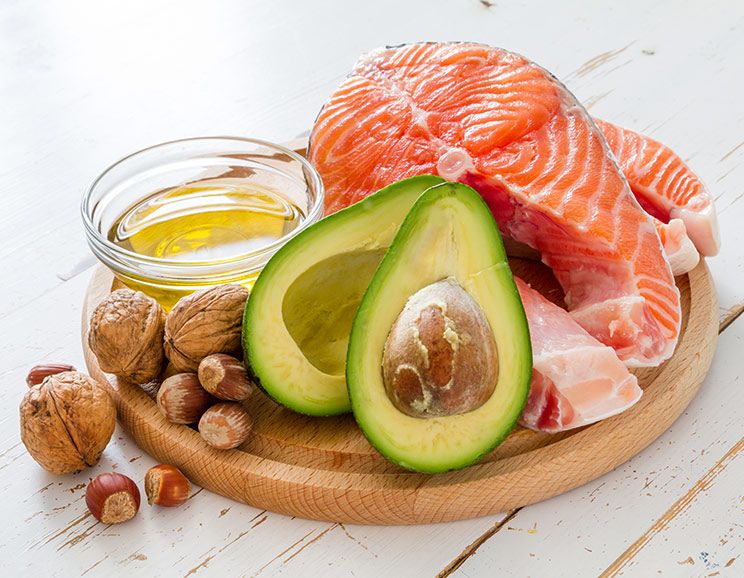

Show Comments